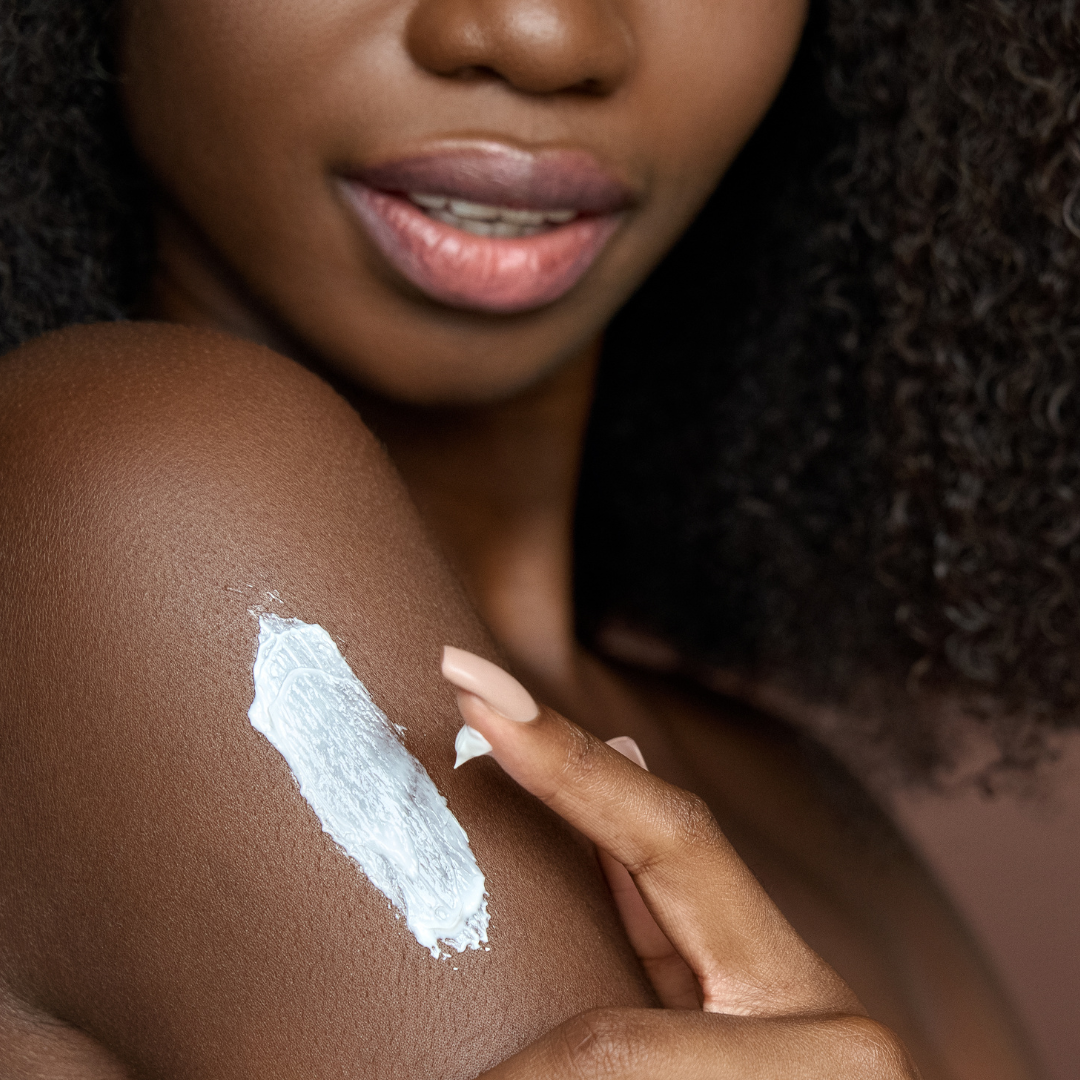Black skin is as diverse as any other skin tone. It ranges from very dark to light and anywhere in between. Having a black skin complexion doesn’t mean you have less to worry about in terms of skin care. Just like other skin types, black skin needs just as much TLC as any other skin type.
Black skin is beautiful, and with the right skincare routine, you can keep it that way. If you’re looking for good skincare products to help keep your black skin healthy, you’ve come to the right place. The most important part of your black skin care regimen is to cleanse thoroughly. Black skin tends to be naturally dry, so hydrating with moisturiser is important as well. When it comes to using makeup, a little goes a long way, so using fewer products is best. And no matter what products you choose, make sure they suit your skin type.
Here are 5 things you need to know about black skin care:
Cleanse and moisturise daily
Black skin can be dry, sensitive, or oily, so it’s important to find a cleanser and moisturiser that suit its needs. To cleanse, use a water-based cleanser, like the Black Radiance Body Polish, which gently eliminates dead skin cells while also providing hydration. To moisturise, try the Black Radiance Black Mask & Scrub, which conditions skin and eliminates dryness.
Always wear sunscreen
Black skin does not burn as easily as other skin types, but it still needs protection from harmful UV rays that can cause damage, such as premature ageing, freckles, dark spots, and skin cancer. Whilst black skin is not as vulnerable to skin cancer as white skin, dermatologists still recommend that black-skinned persons use sunscreen year-round, not just during the summer months. Wear your sunscreen every day, even on cloudy days, and slather it on thickly.
Consider treatments for hyperpigmentation
Skin pigmentation simply refers to darkened skin, which can occur due to various reasons such as hormones, aging, and sun exposure. Genetics play a role, but lifestyle factors also contribute; for example, prolonged sun exposure can lead to darker patches on areas like the neck, shoulders, and hands. Treatments for hyperpigmentation range from creams and lotions to masks and facials. Occasional facials can aid in reducing hyperpigmentation and achieving a more even skin tone, revealing a brighter complexion. If you’re unsure how to find a suitable spa offering these services, simply search online using phrases like “facial near me in Flower Mound, TX” to locate service providers in your area. Be sure to check reviews and ratings before booking an appointment to ensure a positive experience.
Treat acne early
Acne is a condition that can strike anyone at any age, and though it’s most common in teens, it can also occur in adults. Even if you are an adult, you can probably say that you’ve suffered from a few breakouts here and there. Black skin tends to have particularly difficult-to-treat acne, especially when it develops during adulthood.
Acne is a skin problem that can strike anyone at any time. It has historically been associated with teenagers, but adult acne is on the rise. Black skin, in particular, is more susceptible to acne than lighter skin. While there is no known cure for adult acne, with the right skincare products, you can improve the appearance of your skin.
Eat a balanced diet
Eating a balanced diet is crucial for healthy, glowing skin, and can even help prevent acne and improve overall health. Unfortunately, most of us are not eating enough of the right foods to keep our skin looking at its best.
Staying healthy means taking care of yourself. As the population of African Americans increases, so too does our risk for certain diseases. Eating a balanced diet, exercising regularly, and maintaining a healthy weight is part of taking good care of yourself. Making sure your skin is healthy and free of irritations will help keep you looking young and healthy.
Black skin tends to be more resistant to experiencing visible sun damage and other signs of ageing than lighter complexions. Still, the skin needs treatment to prevent and repair damage. Eating a balanced diet from a wide range of foods is the best way to maintain healthy skin. More than any other single factor, what you eat contributes to the health of your skin. The foods you eat contain substances that impact the way your skin looks, feels and behaves.

